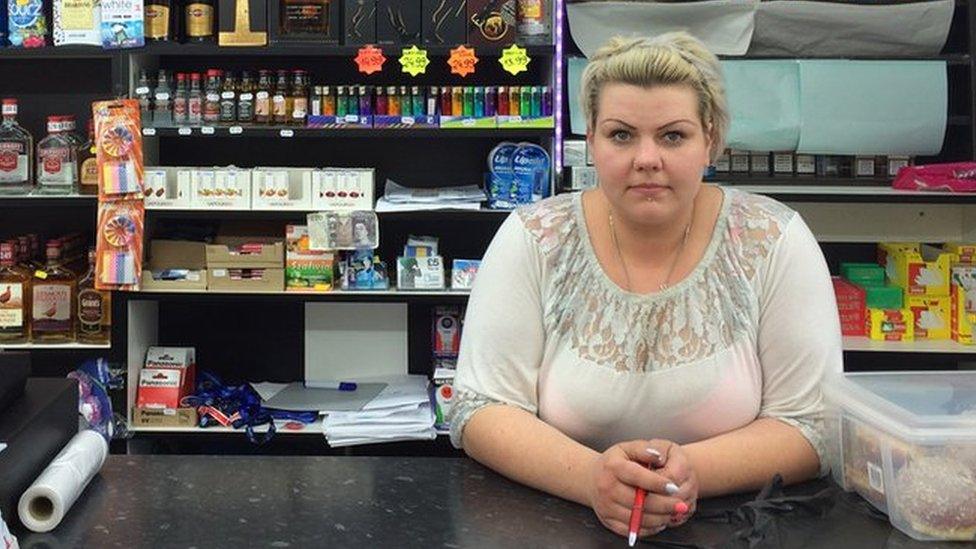Birmingham marks 70 years of Polish community life
- Published
A project, backed by a £10,000 Heritage Lottery Fund grant, is compiling and digitising photos of 70 years of Polish community life in Birmingham to preserve them for future generations.

After London, Birmingham has the largest number of Polish-born residents - 17,000 of them in 2015, according to Office of National Statistics estimates, external.
Many others of Polish origin have been born in the UK - some the children and grandchildren of those shipped to the country in the aftermath of World War Two.
Others, like pilot Jan Maslonka (pictured above), served with British forces after the fall of Poland and remained in Britain.
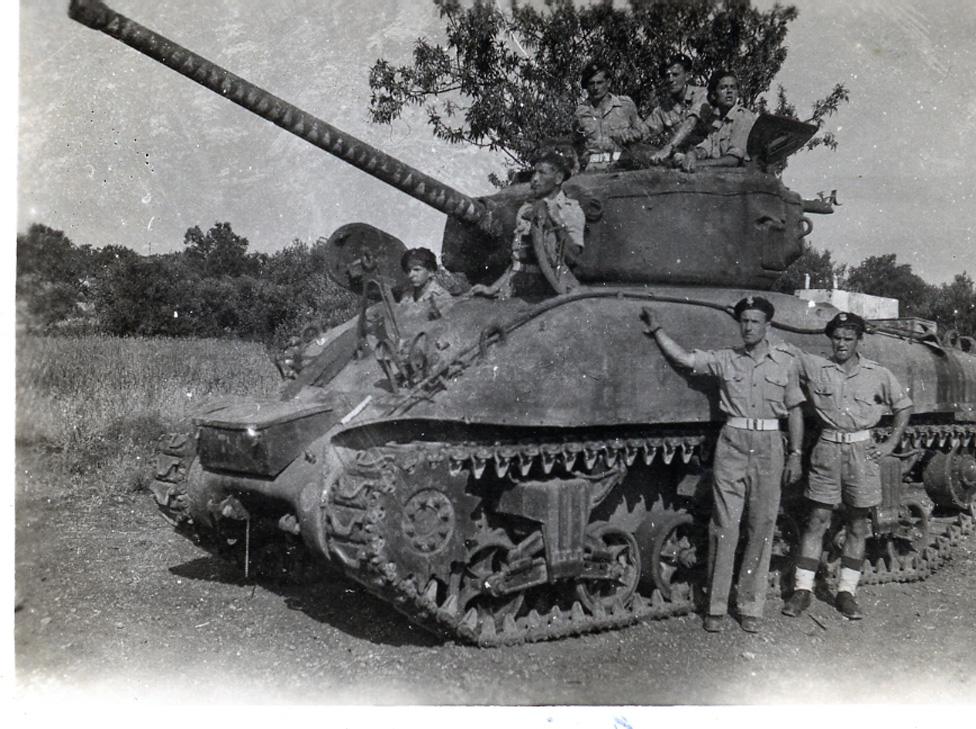
After the war, some soldiers and their families were resettled in former barracks buildings. For some, there was no home to return to, with eastern Poland becoming part of the Soviet Union.
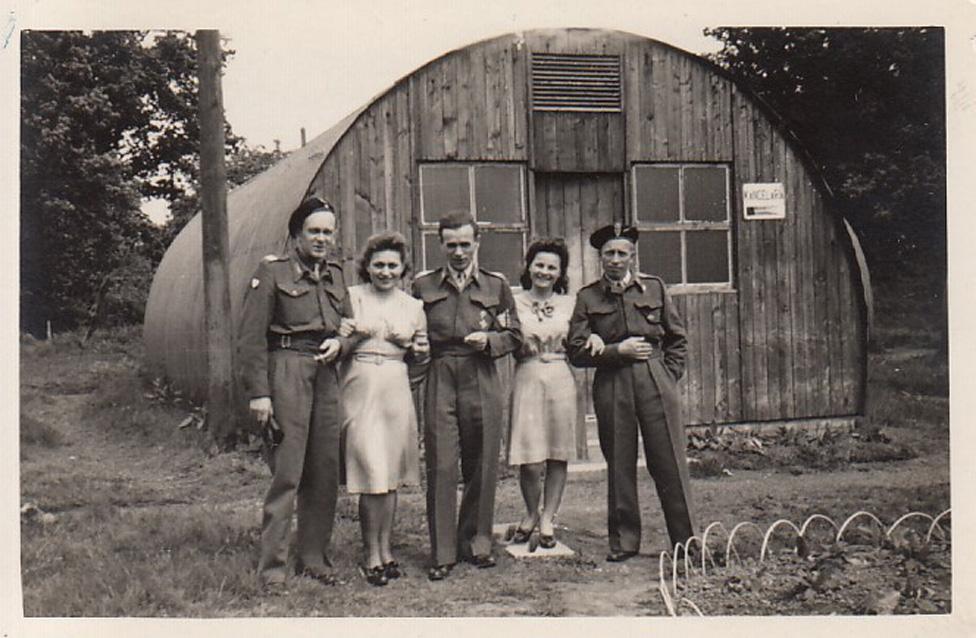
For others, returning to their homeland would have been practically "suicide", according to David Weber, one of the organisers of events in Birmingham to mark the last 70 years.
Only five years old at the time, Mr Weber was shipped to the UK in 1948 - hundreds of thousands of others would make the same journey in the decade that followed the war.
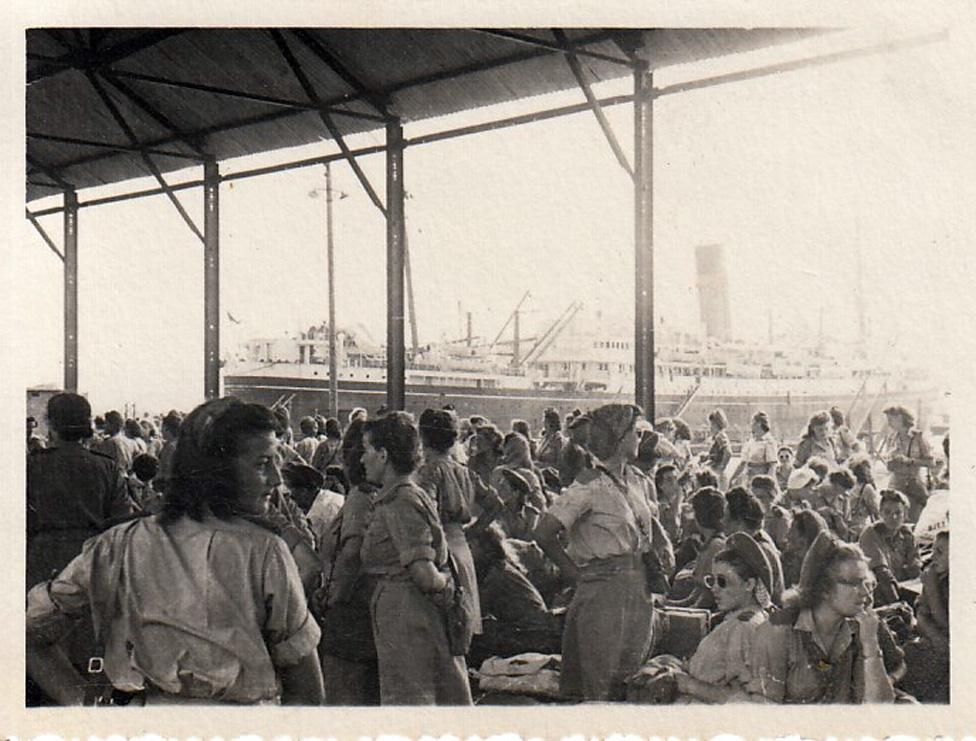
Mr Weber said life in Britain was initially strange, especially for children who were growing up surrounded by British culture and friends, but also experiencing discrimination.
In the end, he said this generation enjoyed the two cultures "in parallel", both celebrating their roots and enjoying a Britain starting to recover in the 1950s and '60s.
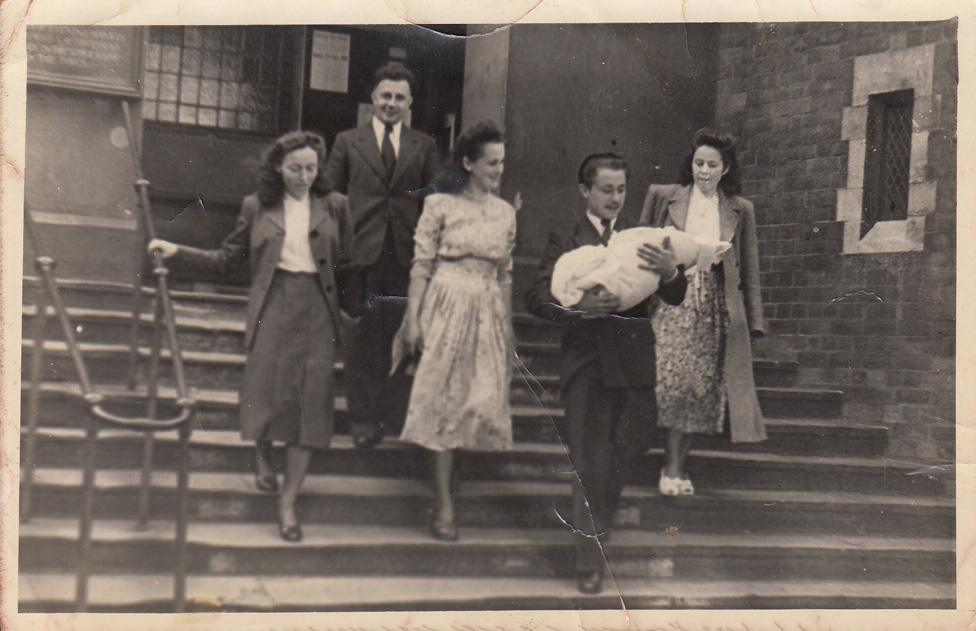
In the 1960s, the Polish community in Birmingham built Millennium House on Bordesley Street to celebrate their culture.
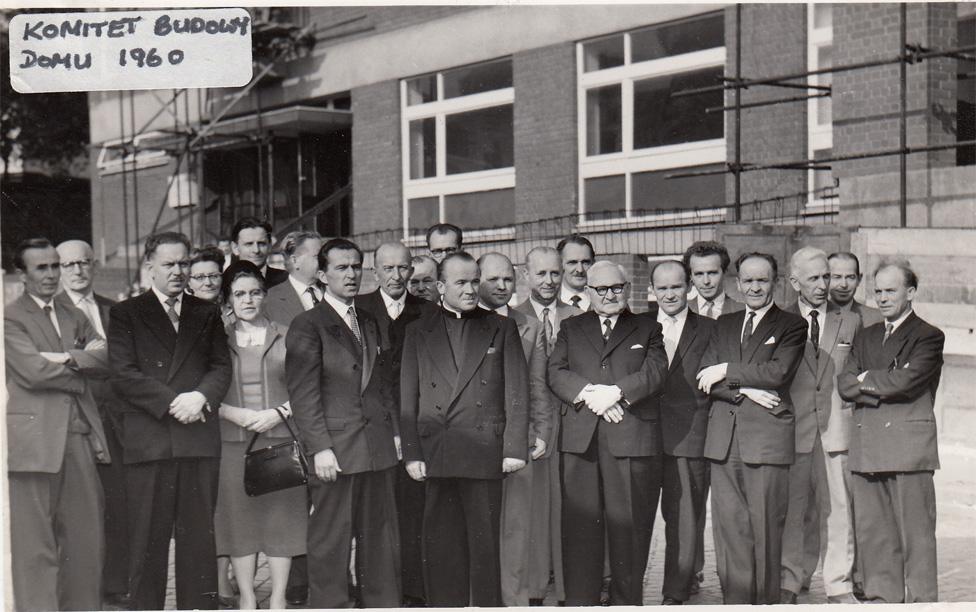
Mr Weber said this generation of Poles saw themselves very differently to those who would follow decades later.
Rather than political migrants, those who arrived after 2004 when Poland joined the EU saw themselves as economic migrants, he said, who largely separated themselves from the established community.
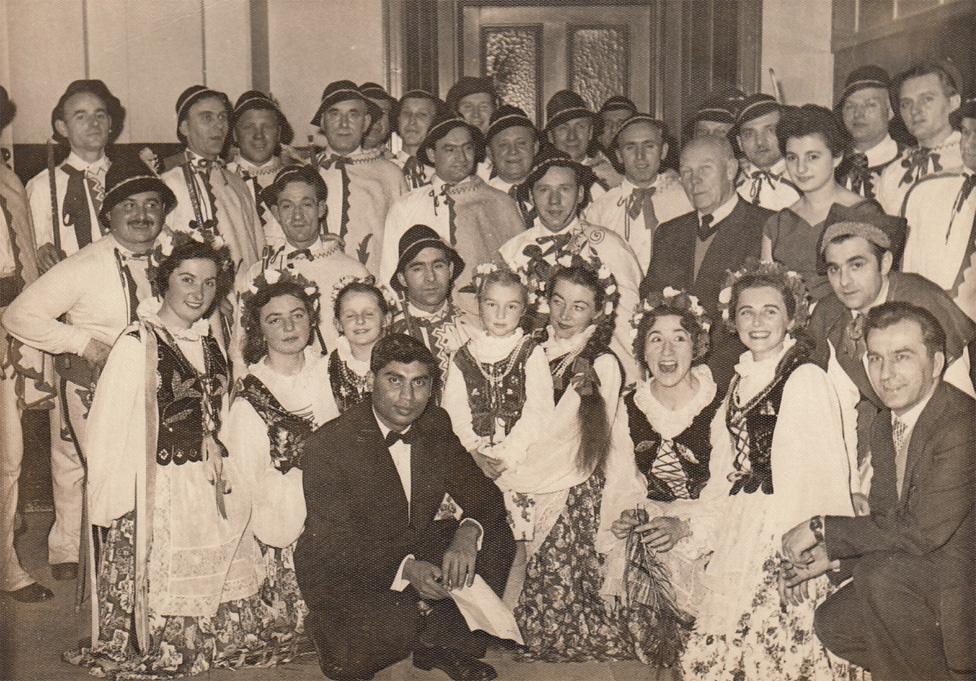
Most of those who arrived post-2004 thought they would make a quick return to Poland, but had found themselves setting down roots, Mr Weber said.
Many worried about their place in a post-Brexit Britain, he said, but some had started to join in Polish cultural events for the first time.
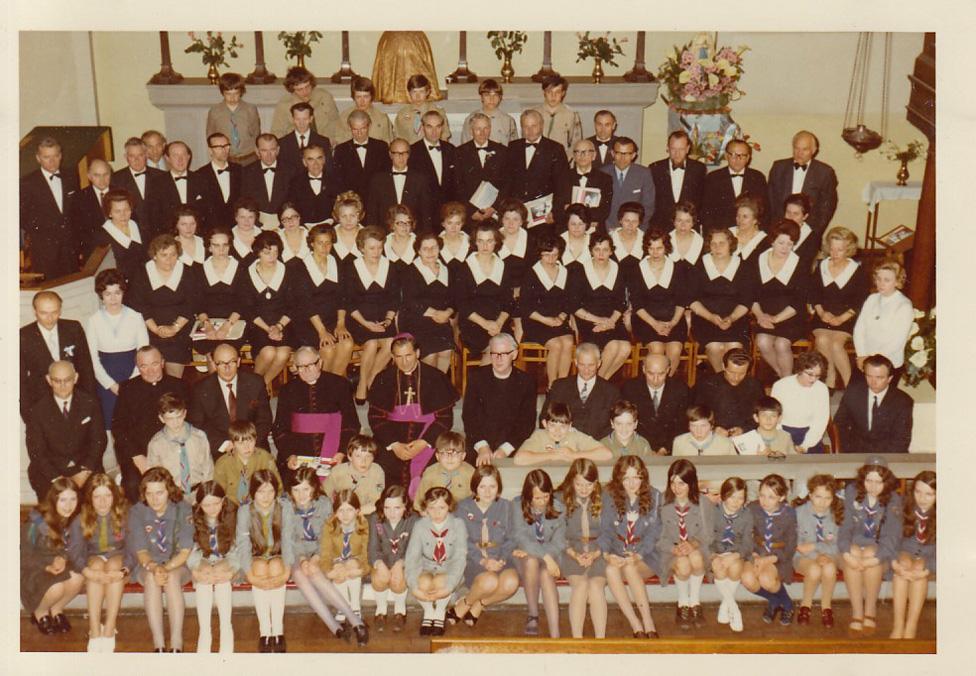
The Polish ambassador and Lord Mayor of Birmingham are guests of honour at a series of events on Sunday. An exhibition is ongoing at Millennium House.
- Published23 December 2016
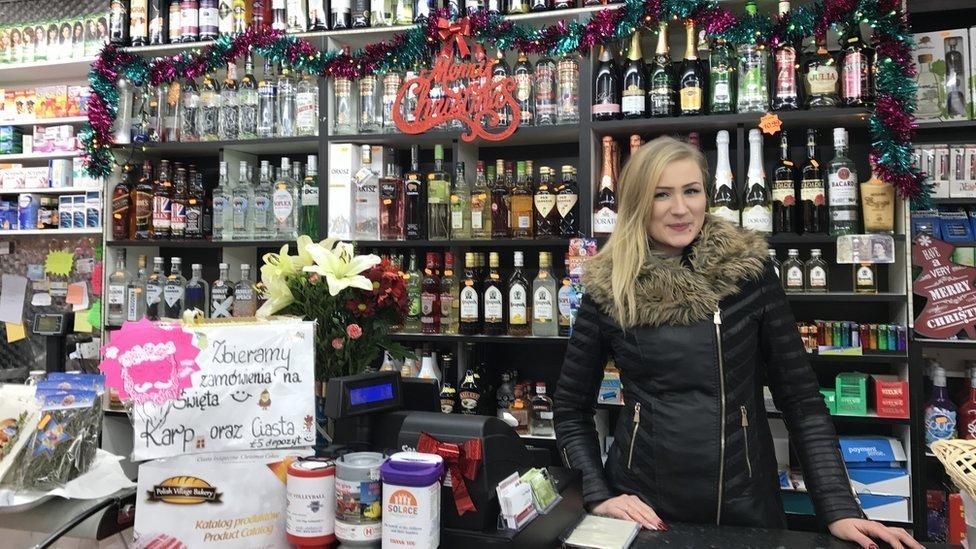
- Published28 October 2016
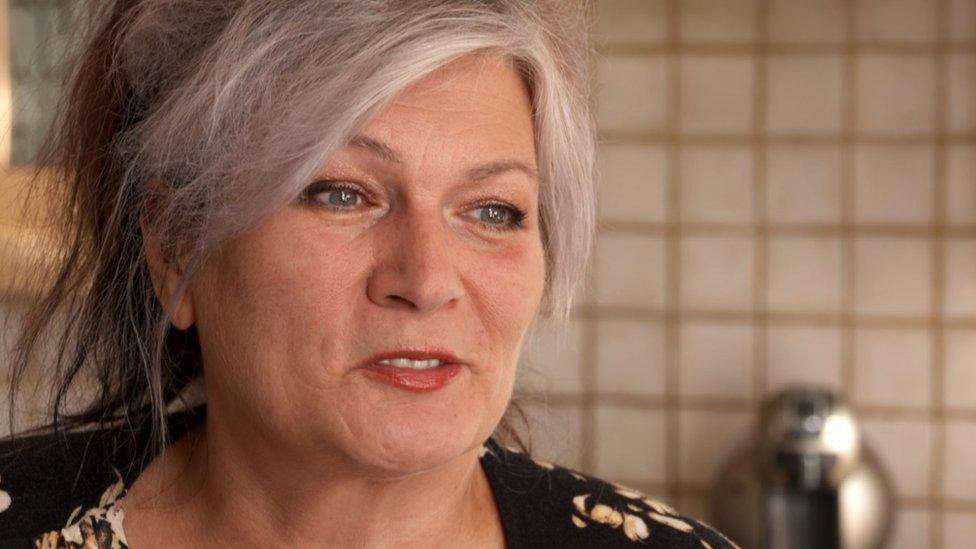
- Published25 June 2016
